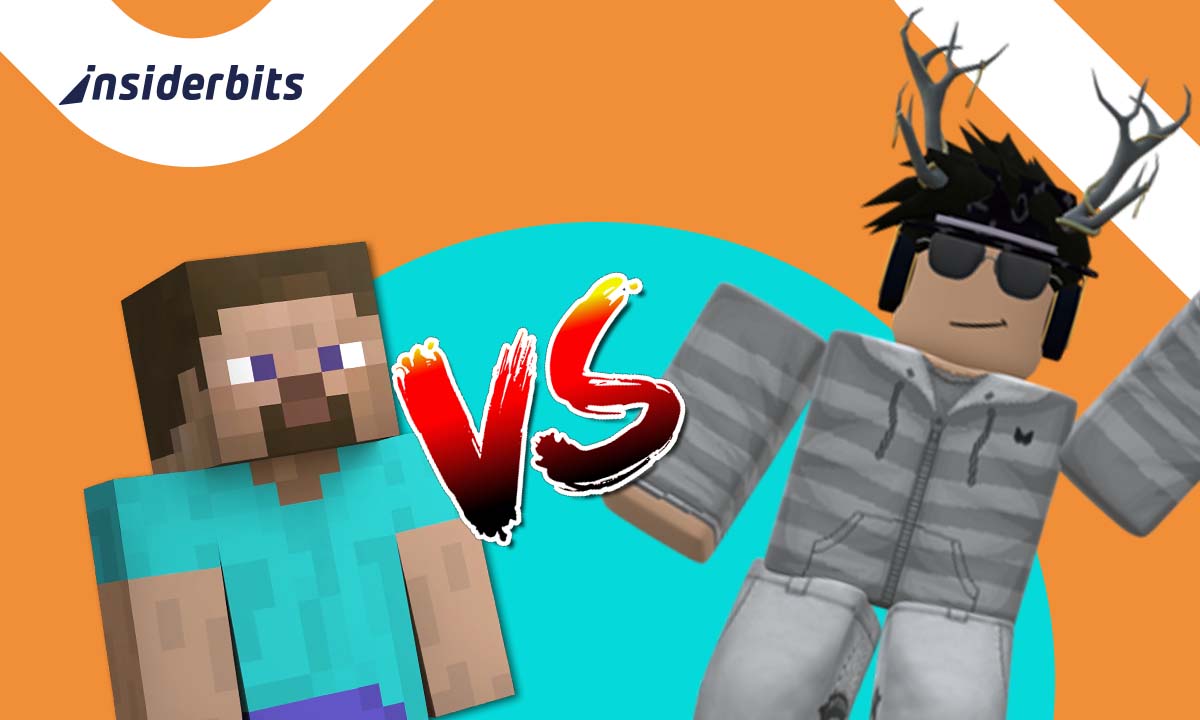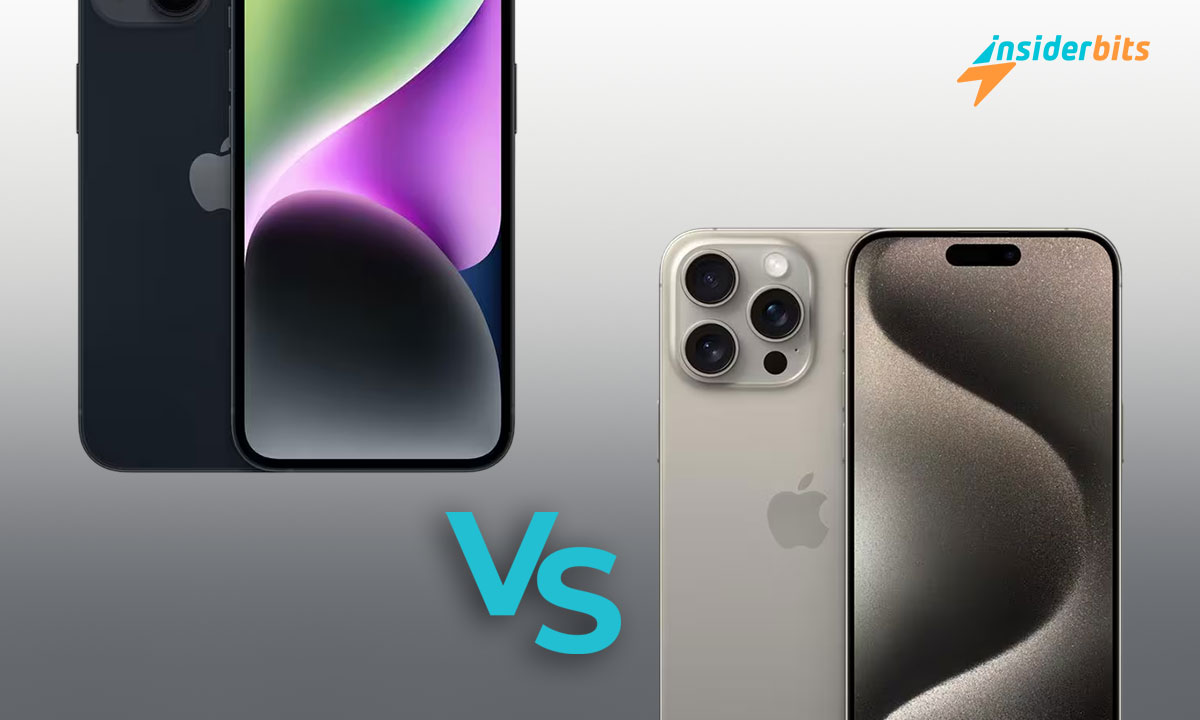The rise of AI-powered tools like ChatGPT is challenging traditional information sources like Google and Wikipedia. But how can we compare ChatGPT and Google?
This blog post examines how ChatGPT’s unique capabilities can rival the depth and nuance of these established platforms. It analyzes ChatGPT’s ability to synthesize information from diverse sources, potentially outperforming search engines for certain queries.
The article also evaluates the user experience advantages of ChatGPT’s conversational interface compared to traditional search. By comparing the strengths of ChatGPT against Google and Wikipedia, the post aims to understand how emerging AI technologies are disrupting the information landscape.
ChatGPT vs Google, ChatGPT vs Wikipedia
ChatGPT’s ability to synthesize information from a vast corpus of data allows it to provide in-depth, nuanced responses that can rival the depth of knowledge found on Google and Wikipedia.
Unlike traditional search engines that simply retrieve and display relevant web pages, ChatGPT processes the information, understands the context, and generates original text to answer queries.
This knowledge synthesis capability enables ChatGPT to:
- Provide comprehensive overviews of complex topics by drawing insights from multiple sources.
- Explain concepts in simple terms and give concrete examples to aid understanding.
- Tailor responses to the specific needs and background knowledge of the user.
- Engage in substantive conversations and provide thoughtful analysis beyond just retrieving facts.
However, ChatGPT’s knowledge is limited to what it was trained on, and it can sometimes generate plausible-sounding but inaccurate information. Fact-checking and verifying information from authoritative sources is still important when using ChatGPT.
ChatGPT’s Contextual Responses
One of the key advantages of ChatGPT over traditional search engines is its ability to provide nuanced and contextually relevant responses. Unlike search engines that simply retrieve and display information, ChatGPT processes the query, understands the context, and generates an original response tailored to the user’s needs.
This capability allows ChatGPT to engage in more substantive and insightful conversations, going beyond just retrieving facts.
For example, ChatGPT can compare and contrast different perspectives on a topic, provide detailed explanations with relevant examples, and even adopt different personas to address a query from multiple angles.
This nuanced approach can be particularly beneficial for complex or open-ended queries where a simple list of search results may not suffice.
Advantages of Google and Wikipedia Over ChatGPT
While ChatGPT has impressive capabilities, Google and Wikipedia still offer some key advantages:
Authoritative and Fact-Checked Information
Google and Wikipedia draw information from a vast array of authoritative and fact-checked sources on the internet. They aggregate and present this information in a structured way. In contrast, ChatGPT’s knowledge comes from its training data, which can contain inaccuracies or biases.
Comprehensive and Up-to-Date Coverage
Google’s search index covers a huge breadth of topics and is constantly updated as new information appears on the web. Wikipedia has detailed articles on millions of topics, with editors working to keep them current. ChatGPT’s knowledge is limited to what it was trained on, which has a cutoff date.
Multilingual Support
Google and Wikipedia are available in hundreds of languages, allowing people worldwide to access information in their native tongues. ChatGPT currently has more limited language support.
Specialized Search Features
Google offers advanced search operators, filters, and tools that allow users to precisely target the information they need. Wikipedia has a robust internal search engine and linking system to navigate its vast content.
Integration with Other Services
Google seamlessly integrates with other popular services like Gmail, Maps, Drive, etc. This allows users to access information in context and take action on it. ChatGPT operates in isolation as a standalone tool.
Conversational Interface Advantages of ChatGPT
One of the key advantages of ChatGPT is its conversational interface, which can offer a more intuitive and engaging user experience compared to traditional search engines for certain types of queries.
This conversational approach can be particularly beneficial for open-ended questions, research tasks, or creative brainstorming sessions. Instead of sifting through pages of search results, users can have a back-and-forth dialogue with ChatGPT to refine their query, explore related ideas, and get a more tailored response.
The ability to ask follow-up questions and get clarification on the fly can make the information-gathering process more efficient and satisfying.
However, it’s important to note that ChatGPT’s conversational abilities are not perfect. It can sometimes give inconsistent responses, fail to understand nuance, or generate plausible-sounding but inaccurate information. Fact-checking and critical thinking are still essential when using ChatGPT or any AI assistant.
ChatGPT vs Google and ChatGPT vs Wikipedia – Conclusion
The comparison of ChatGPT, Google, and Wikipedia highlights the evolving information landscape and the unique strengths each platform offers.
While ChatGPT’s natural language processing and knowledge synthesis capabilities can rival the depth of traditional search engines, Google and Wikipedia still provide advantages in terms of authoritative information, comprehensive coverage, multilingual support, and specialized search features.
Ultimately, the ideal approach may be to leverage the strengths of all three – using ChatGPT for open-ended queries and ideation, Google for targeted information retrieval, and Wikipedia for fact-checking and in-depth exploration.
Related: How to create your own Wikipedia page?
Like this article? Add the Insiderbits blog to your favorites and visit us whenever you want to learn new and exciting information about technology and much more!





